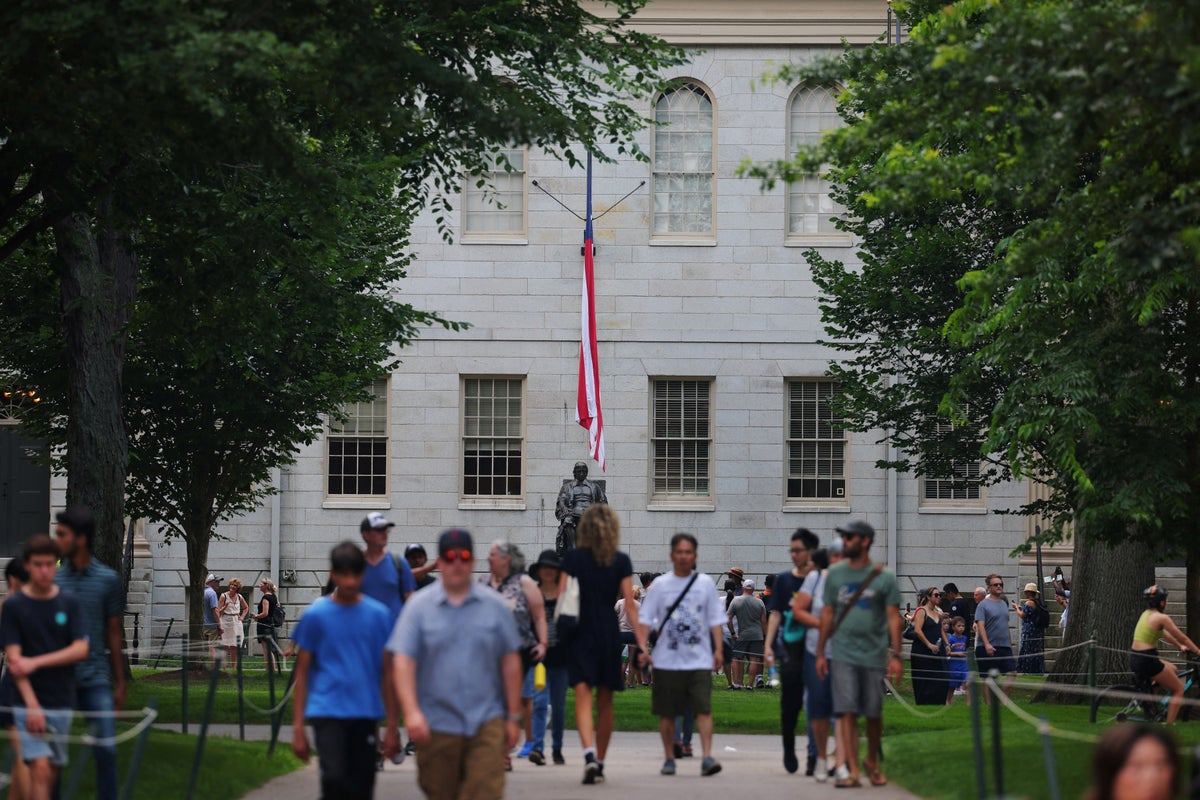
The US Department of Education’s civil rights office has opened an investigation into Harvard University’s legacy admissions process following a complaint from a coalition of civil rights groups.
The groups’ complaint, filed in the wake of the US Supreme Court’s ruling against race-conscious college admissions, is the latest challenge to the practice of prioritising university admissions for the children of alumni.
A letter from the Education Department’s Office of Civil Rights on 24 July indicates that an investigation will review whether the university “discriminates on the basis of race by using donor and legacy preferences in its undergraduate admissions process” in violation of the Civil Rights Act.
“It’s a discriminatory practice, it’s an unfair and unearned advantage” for students enrolling in the prestigious university “simply by the family they were born into,” according to Michael Kippins with Boston-based Lawyers for Civil Rights, which submitted the initial complaint with the Chica Project, the African Community Economic Development of New England and the Greater Boston Latino Network.
“The opening of the investigation is a significant step” that “cannot be overstated,” he told reporters in a virtual briefing on the complaint on 25 July. “It shows the office … is taking this seriously, and we are going to pursue this.”
Last month, the Supreme Court’s conservative majority determined that private and public colleges and universities may not consider race as a factor in admissions, striking down the precedent affirmed in the 2003 ruling in Grutter v Bollinger in a ruling that targets so-called affirmative action measures.
Civil rights advocates and justices who supported the decades-long precedent, intended to promote racially diverse college campuses, derided what they argue is the court’s ongoing perversion of the 14th Amendment and the foundational concept of equal protection.
The latest legal challenge points to Harvard data finding that 70 per cent of the college’s donor-related and legacy applicants are white.
So-called “legacy” applicants have a roughly six times greater chance of admission, according to records, pointing to a “custom, pattern and practice” that is “exclusionary and discriminatory” and “severely disadvantages and harms applicants of color,” according to the complaint.
Following the Supreme Court ruling, Democratic lawmakers and President Joe Biden urged universities to reconsider their legacy admissions, which the president said “expand privilege instead of opportunity.”
Wesleyan University officials announced last week that the private liberal arts institution will no longer consider applicants’ ties to alumni in the admissions process.
The University of Minnesota-Twin Cities also ended its legacy admissions process, following “an exceptionally deep review of our context factors,” according to a statement from Keri Risic, executive director of admissions.







